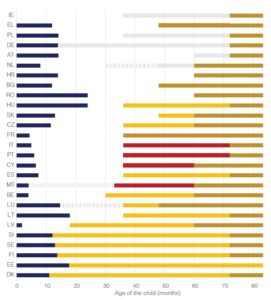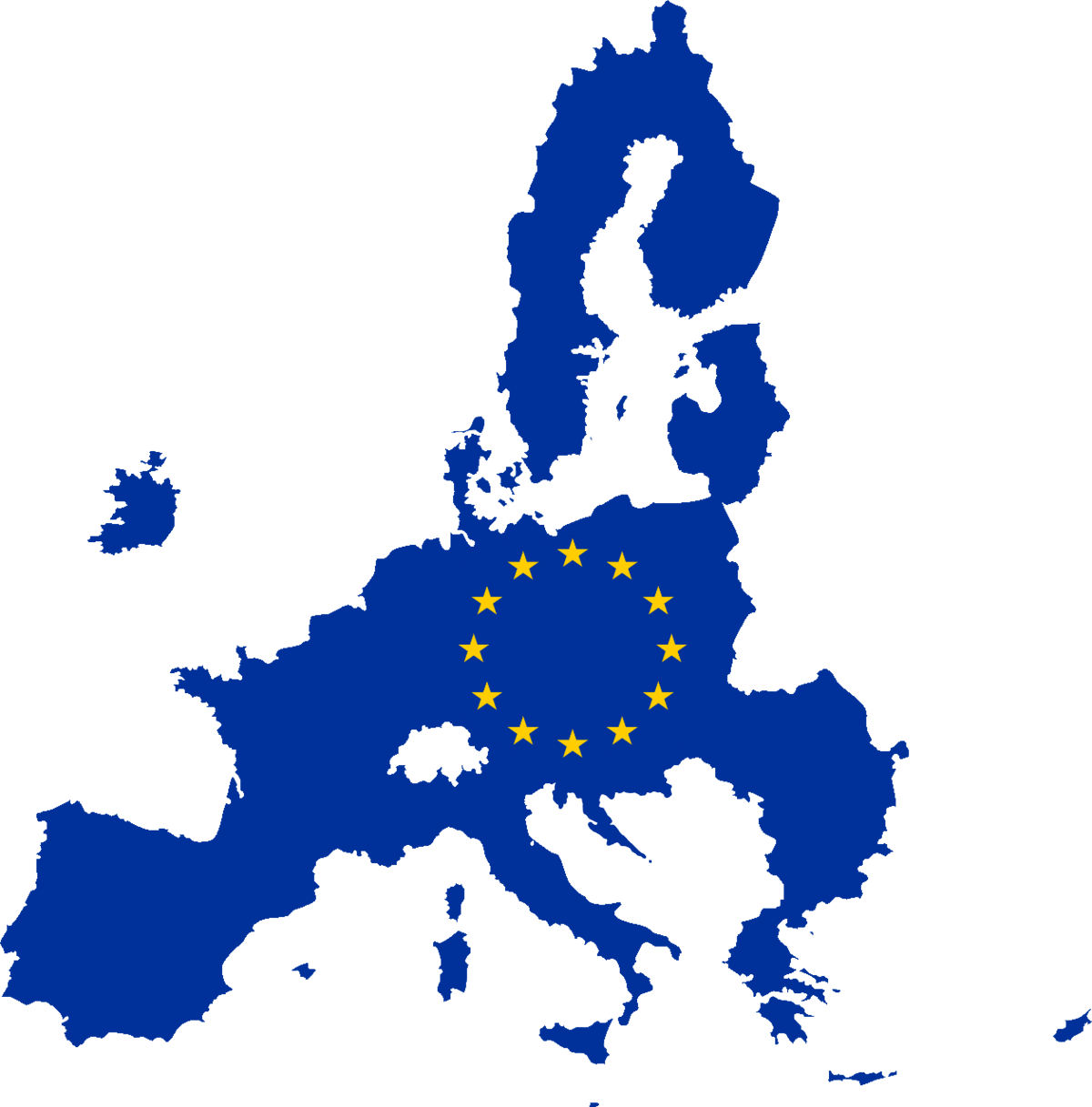A new editorial series called 2025 Insights on Family Policies is dedicated to examining contemporary developments in family policy across European contexts. Published by the European Observatory of Family Policy, the insights series engages with critical debates on the design, implementation, and coordination of policies that support families in diverse and evolving societal landscapes. These deliverables will be published in different issues – The first insights of the series focusing on Italy.
2025 has been a busy year so far for the European Observatory on Family Policy, the research platform founded by COFACE in partnership with the Centre for Family Studies at Odisee University of Applied Sciences in Brussels. While 2024 saw the publication of the comparative qualitative report Towards Greater Family Policy Integration across Europe – in which we observed patterns of fragmentation in family policy across five EU countries (Flemish Belgium, Poland, Italy, Germany, and Finland) – 2025 has built on this foundation by publishing deliverables aimed at deepening the work on de-fragmentation in the family policy sector.
 In January, we launched the factsheet Childcare Gap in the European Union: A 2025 Overview, which extends the analysis from the first section of the 2024 report to the entire European Union. Here, we examined the gap between the end of well-paid parental leave – defined as an income-based allowance of at least 66% of previous earnings (calculated using the statutory replacement rate) – and the start of a statutory entitlement to a full-time, state-funded place in early childhood education and care (ECEC). The factsheet reveals that, as of now, only five EU countries – Estonia, Finland, Sweden, Slovenia, and Denmark – have no gap, meaning families are not forced to rely solely on their own care capacities and financial resources. Such reliance often entails parents delaying their return to work (despite inadequate pay) or leaving employment altogether. Alternatively, families may turn to private-market childcare solutions – such as home-based or daycare centers without state support – imposing a significant financial burden. It is important to note that the factsheet is based on national legislative frameworks, not regional government initiatives.
In January, we launched the factsheet Childcare Gap in the European Union: A 2025 Overview, which extends the analysis from the first section of the 2024 report to the entire European Union. Here, we examined the gap between the end of well-paid parental leave – defined as an income-based allowance of at least 66% of previous earnings (calculated using the statutory replacement rate) – and the start of a statutory entitlement to a full-time, state-funded place in early childhood education and care (ECEC). The factsheet reveals that, as of now, only five EU countries – Estonia, Finland, Sweden, Slovenia, and Denmark – have no gap, meaning families are not forced to rely solely on their own care capacities and financial resources. Such reliance often entails parents delaying their return to work (despite inadequate pay) or leaving employment altogether. Alternatively, families may turn to private-market childcare solutions – such as home-based or daycare centers without state support – imposing a significant financial burden. It is important to note that the factsheet is based on national legislative frameworks, not regional government initiatives.
A second in-depth deliverable is the inaugural issue of Insights on Family Policies in Europe, a new editorial series by the European Observatory. This series explores notable national family policy models, investigating de-fragmentation dynamics and the gradual emergence of a unified public policy space for families at the intersection of social policy, health, education, and care. The first issue – Italy’s 0-6 reform: Balancing equity and innovation in early childhood education and care, focuses on Italy, particularly the innovations following the 2017 reform, which introduced an integrated ECEC system for children aged 0–6, replacing the previous split system (0–3 and 3–6). The reform has facilitated key institutional innovations, including territorial pedagogical coordination and early childhood ‘hubs’. Moreover, its implementation has spurred local cross-sectoral initiatives aimed at providing holistic support to families with young children.
In September, two additional issues will be published, examining the Huizen van het Kind in Flemish Belgium and the reorganization of family services in Germany, with a focus on prevention through interdisciplinary municipal networks.
Read more about the European Observatory on Family Policy and the latest issues here.





